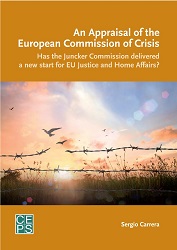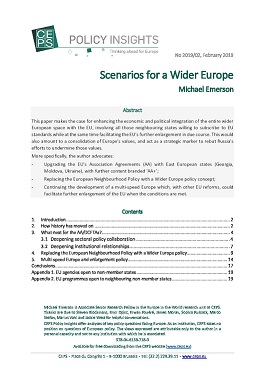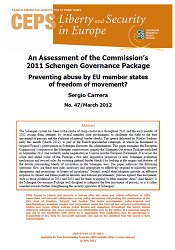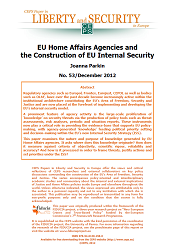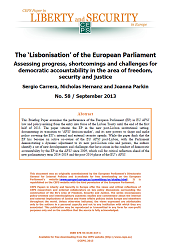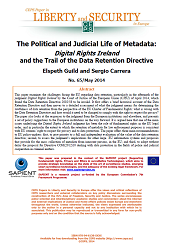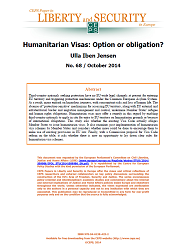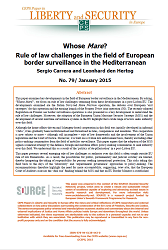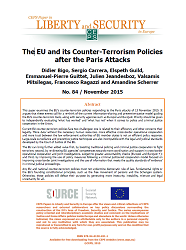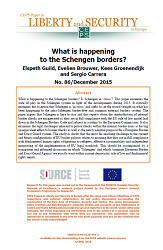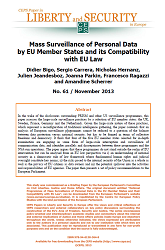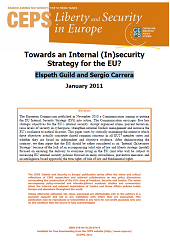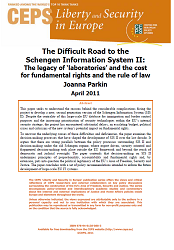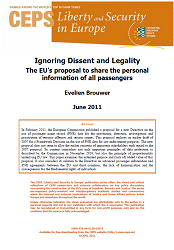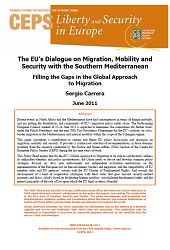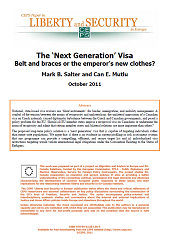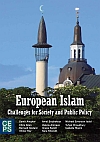
European Islam. Challenges for Public Policy and Society
European Islam. Challenges for Public Policy and Society
Keywords: European Islam; Challenges for Society; Public Policy; juxtaposition of national case studies; European experts; transnational phenomenon;
Works on Islam in Europe often read like a juxtaposition of national case studies covering the history and perhaps the sociology of immigrant groups in the countries considered. Although the sociology of Islam is well-developed in certain European countries such as France, Germany and the UK, it is only in its infancy as a discipline at the European level. The chapters in this work, by leading European experts in the field, therefore aim to supply policy-makers, analysts and civil society leaders with an inventory of the main issues concerning the presence of Islam in Europe. The key message is that European Islam exists as a powerful transnational phenomenon, and European policy must keep pace with this reality.
More...


